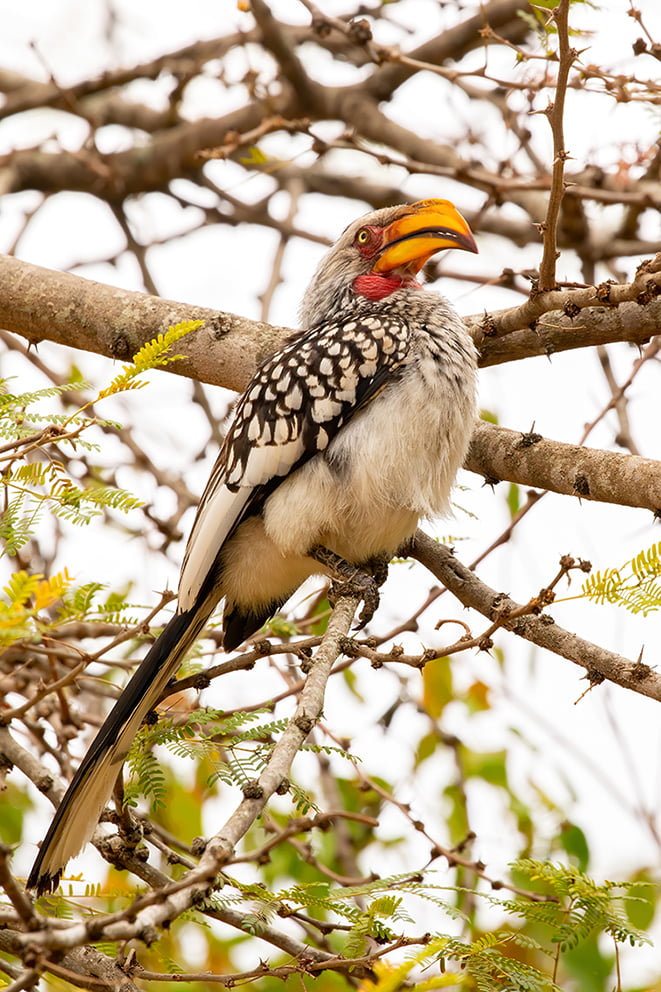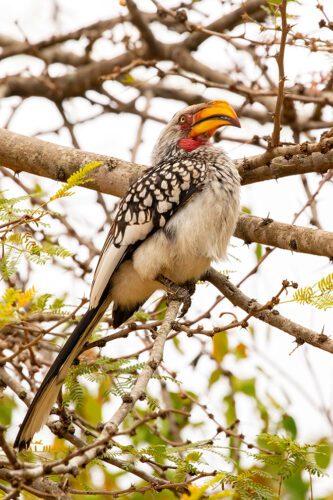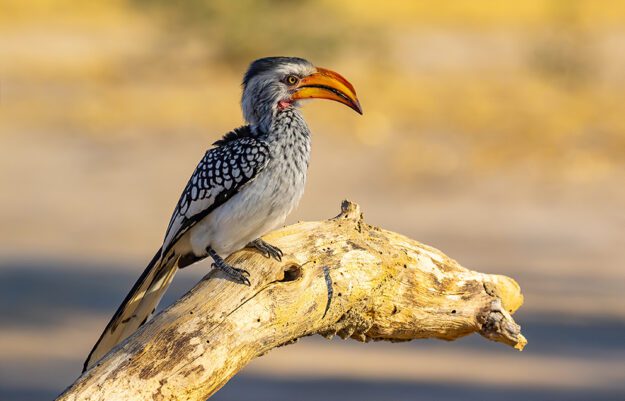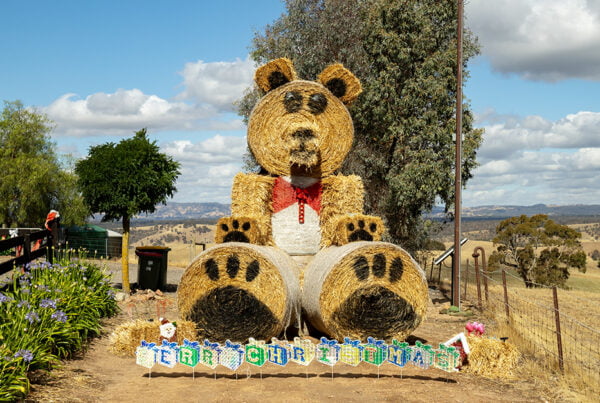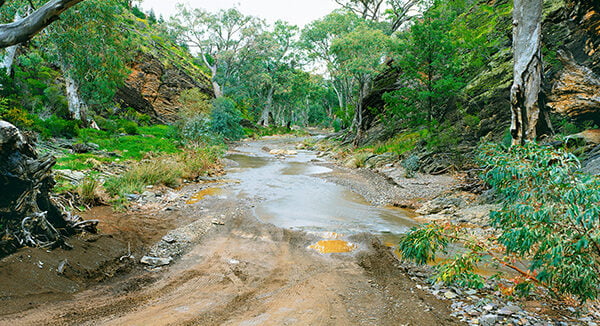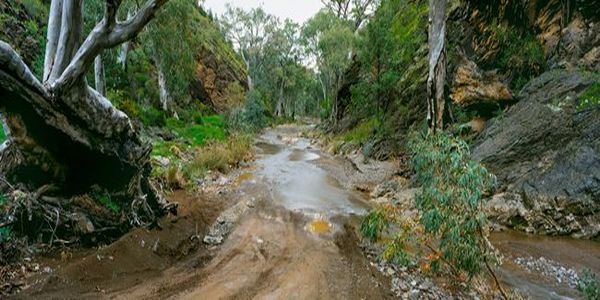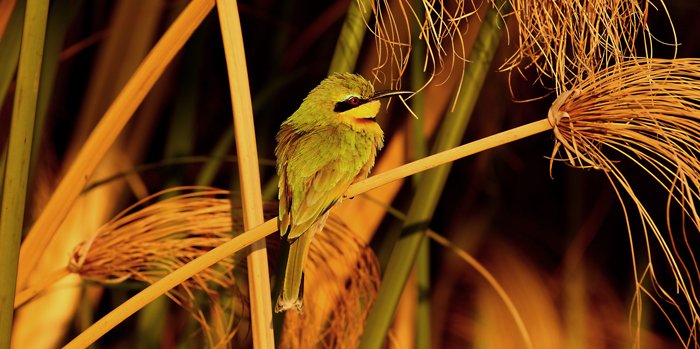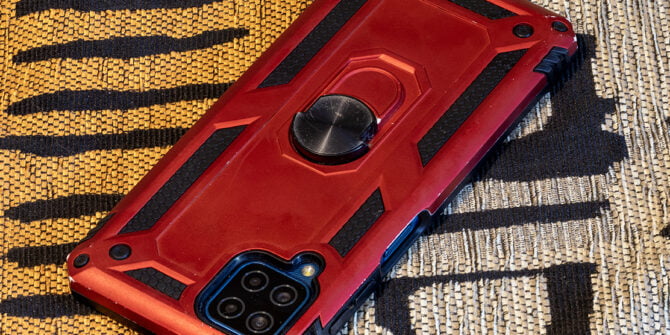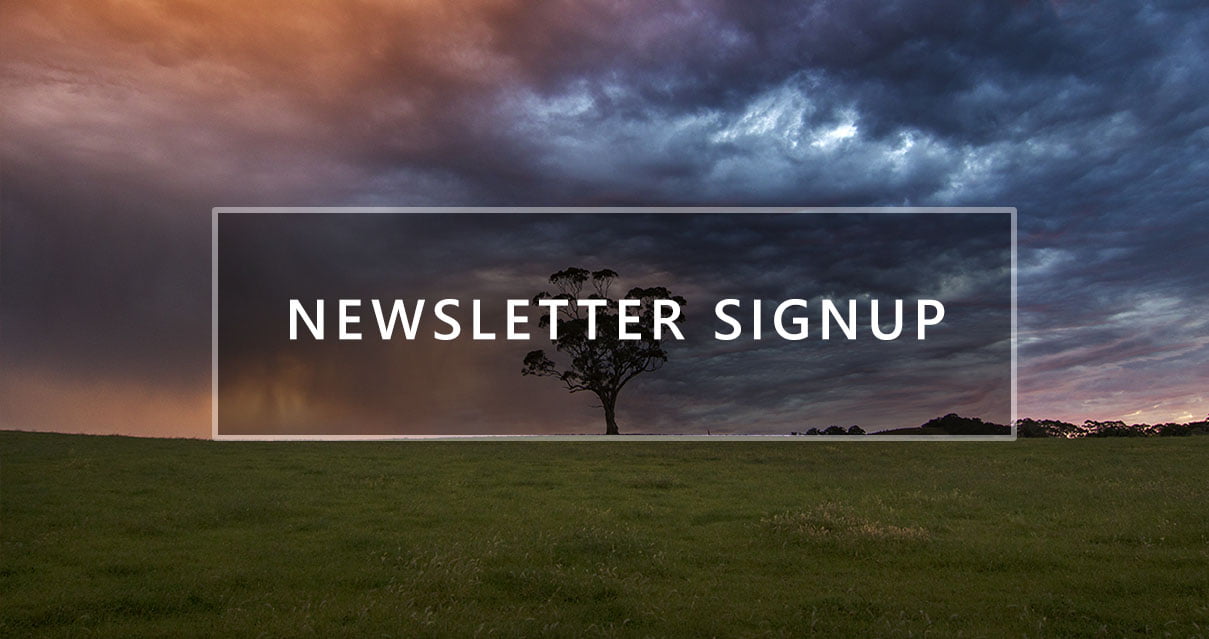Is That Your Best Shot ? Can I improve ?
Often we take a shot and we might be pleased with ourselves with what we have taken and yet is it our best shot on the subject?
When taking pictures we can be biased with our own work that at times we can fail to see how we could improve on that subject. Is good enough good enough?Are we so biased with what we have taken that we fail to see that there is a way of improving that shot?
There are subjects that can be difficult to shoot, to be able to get the right light, to achieve the right composition simply because the subject can be very difficult to capture in the first place.
The example that I’m going to demonstrate is a bird but what I’m discussing can be applied to any subject, moving or non moving.
The first time that I came across the Southern Yellow Billed Hornbill was when it was up in the tree. That should be no surprise as birds go to the trees for lots of reasons and one being their habit of residence.
The first time that I photographed the bird, I know that it wasn’t a keeper but rather a record shot showing that I had seen it in Africa.In my mind I knew that I had to improve on the shot. Why is that ?
The shot that you can see above is the first shot that I took of this bird. What’s wrong with it? As a record shot its ok but as a serious shot, I think not. Why is that you might ask? When you look at the shot there are too many branches, it’s too busy and the branches become a distraction to the image. Now I know that there are times where you can’t avoid that. If a bird lands in a tree surrounded by branches, then you have no choice but to take the picture if you haven’t photographed it before. When I took the shot, I knew that it was my record shot showing that I had seen the Southern Yellow Billed hornbill.There is no certainty that you’ll see it again, hence you take the shot as your record shot so you have it on file. If you come across the same subject again, then it is a bonus and you can start working through how you can improve on the first shot.
One has no idea as too when you will see the subject again. You can’t control where the wildlife will come back and where it will settle again. What you can control is when you take the next picture of this bird, it has to be better than the first. If I was to see it again, in a similar position I would not take it as it’s not an improvement.
This is a good way of improving in your photography, to be aware of the subject that you have taken and to be objective enough to say to yourself ‘ Can I improve on that in time?”
When I saw the above image, I knew that it was a better shot, I knew it was a far more pleasing to the eye and the light was better, composition was better. The shot was a more emotive as an image. Now what makes this shot better than the first? Can you pick it? It is not that hard is it? There are 3 factors to this shot that make it a far better image than the first.
- The light is far better. It was heading towards late evening and the light was soft and magnified the colours naturally.
- It’s not a busy shot. No intrusive branches. It sits clean and without the distraction of the branches and you are drawn straight to the bird.
- There is great separation from the back ground and the bird. Notice the background is blurred. This is done by creating shallow depth of field by using your telephoto lens or zoom lens and choosing a small f stop number or aperture. Anything around f5.6, f4,f2.8 will create that separation naturally and automatically when zooming in on your subject.
When you have taken a subject, ask your self, “if there a way photographically of improving on that shot. ” If you think you are too biased with your own work, ask a fellow photographer and see what the response is.
To improve on a single shot, doesn’t mean that it will happen over night, it might be months or longer before you stumble across the same subject. When you do, ask yourself, “how can I improve on that first shot?
As photographers we should always be growing. You never stop growing as a photographer and if you think you have reached the point where you have reached your pinnacle, that in itself shows you that you haven’t. There is more to knowing that knowing will ever know.:)

